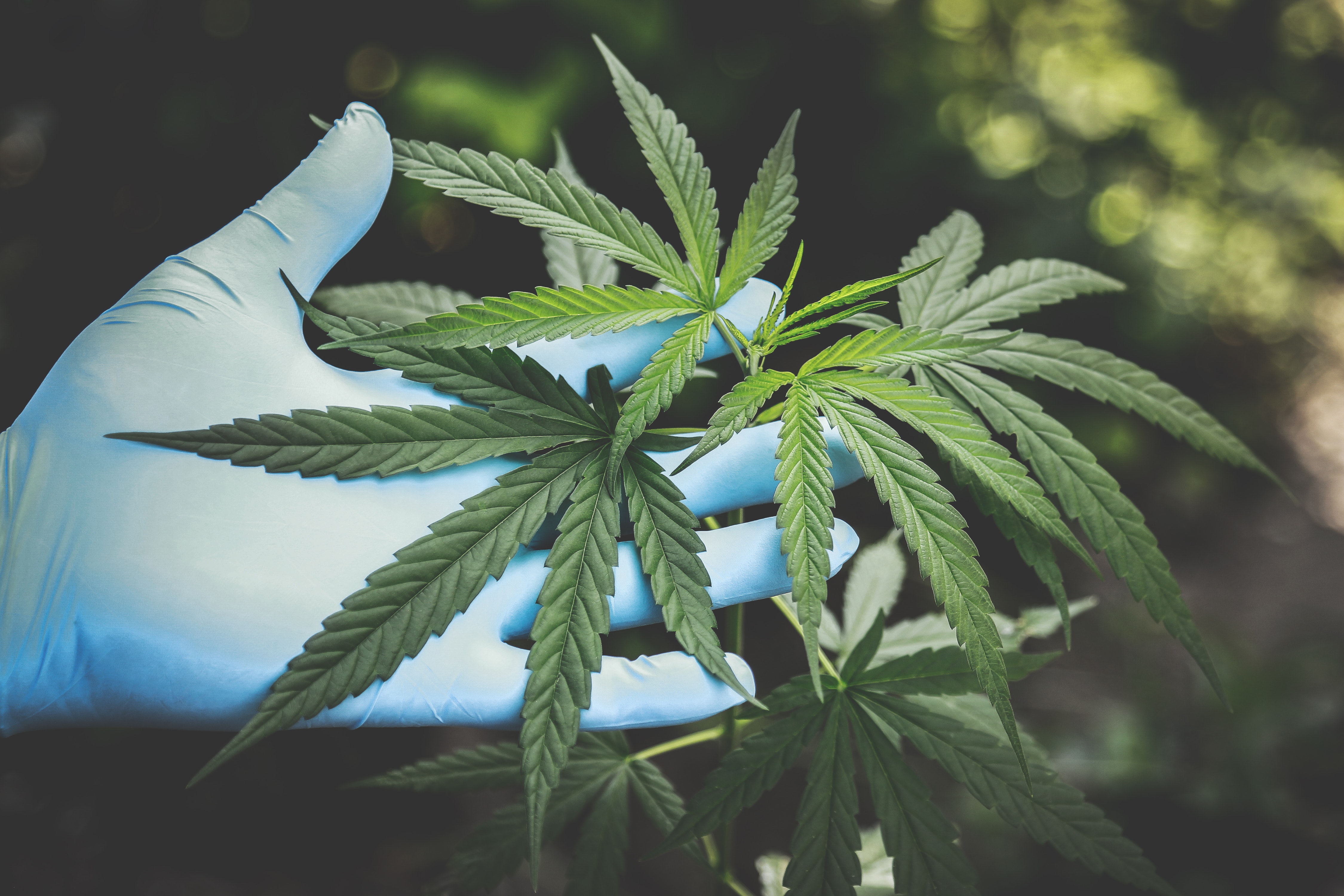Politics
DEA Finally Ready To End Federal Marijuana Research Monopoly, Agency Notifies Grower Applicants

The Drug Enforcement Administration (DEA) on Friday notified several companies that it is moving toward approving their applications to become federally authorized marijuana manufacturers for research purposes.
This is a significant development—and one of the first cannabis-related moves to come out of the Biden administration. There is currently a monopoly on federal cannabis cultivation, with the University of Mississippi having operated the only approved facility for the past half-century.
It was almost five years ago that DEA under President Barack Obama first announced that it was accepting applications for additional manufacturers. No approvals were made during the Trump administration. And the delay in getting acceptances has led to frustration—and in some cases, lawsuits—among applicants.
But on Friday, organizations including the Biopharmaceutical Research Company (BRC), Scottsdale Research Institute (SRI) and Groff NA Hemplex LLC were notified by the agency that their requests were conditionally accepted.
“DEA is nearing the end of its review of certain marijuana grower applications, thereby allowing it to soon register additional entities authorized to produce marijuana for research purposes,” DEA said. “Pending final approval, DEA has determined, based on currently available information, that a number of manufacturers’ applications to cultivate marijuana for research needs in the United States appears to be consistent with applicable legal standards and relevant laws. DEA has, therefore, provided a Memorandum of Agreement (MOA) to these manufacturers as the next step in the approval process.”
The Wall Street Journal first reported on the move, and it’s unclear just how many organizations have received a DEA communication so far.
Matt Zorn, who has represented SRI in a suit against DEA over the processing delays, told Marijuana Moment that the agency explained that it is “moving forward” with the facility’s application and that it appears to be “consistent with public interest” to give the institute the ability to grow marijuana for study purposes.
SRI’s Dr. Sue Sisley is in a process of completing a memorandum of agreement that DEA requested “so that it can be executed and official,” according to a press release.
BRC CEO George Hodgin said in another press release that after being finalized, “this federal license will forever change the trajectory of our business and the medicinal cannabis industry.”
“The DEA’s leadership will set off a nationwide wave of innovative cannabis-derived treatments, unlock valuable intellectual property and create high quality American jobs,” he said. “The BRC team is already familiar with DEA compliance procedures based on our extensive history of controlled substances activity, and our world class staff is ready to hit the ground running on this new business arm that the DEA has authorized.”
DEA said it has presented applicants that appear to meet legal requirements “with an MOA outlining the means by which the applicant and DEA will work together to facilitate the production, storage, packaging, and distribution of marijuana under the new regulations as well as other applicable legal standards and relevant laws.”
“To the extent these MOAs are finalized, DEA anticipates issuing DEA registrations to these manufacturers,” the agency said. “Each applicant will then be authorized to cultivate marijuana—up to its allotted quota—in support of the more than 575 DEA-licensed researchers across the nation.”
DEA said it “will continue to prioritize efforts to evaluate the remaining applications for registration and expects additional approvals in the future” and will publicly post information about approvals as they are finalized.
Following a 2019 suit against DEA by SRI, a court mandated that the agency take steps to process the cultivation license applications, and that legal challenge was dropped after DEA provided a status update.
That suit argued that the marijuana grown at the University of Mississippi is of poor quality, does not reflect the diversity of products available on the commercial market and is therefore inadequate for clinical studies.
That’s also a point that several policymakers have made, and it’s bolstered by research demonstrating that the federal government’s cannabis is genetically closer to hemp than marijuana that consumers can obtain in state-legal markets.
Last year, DEA finally unveiled a revised rule change proposal that it said was necessary to move forward with licensing approvals due to the high volume of applicants and to address potential complications related to international treaties to which the U.S. is a party.
SRI filed another suit against DEA in March, claiming that the agency used a “secret” document to justify its delay of approving manufacturer applications. And that was born out when the Justice Department Office of Legal Counsel document was released last year as part of a settlement in the case, revealing, among other things, that the agency feels that its current licensing structure for cannabis cultivation has been in violation of international treaties for decades.
Mississippi Supreme Court Overturns Medical Marijuana Legalization Ballot That Voters Approved
Photo by Aphiwat chuangchoem.
















